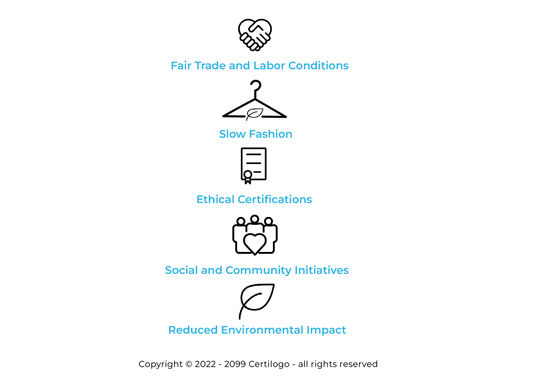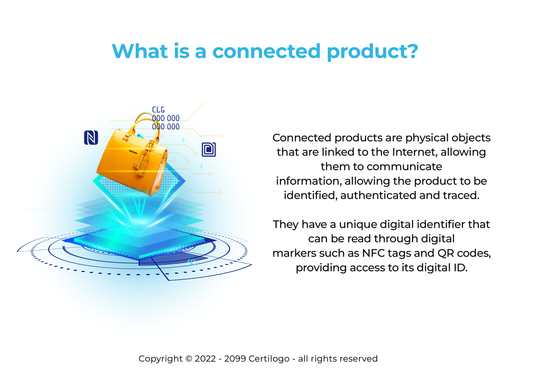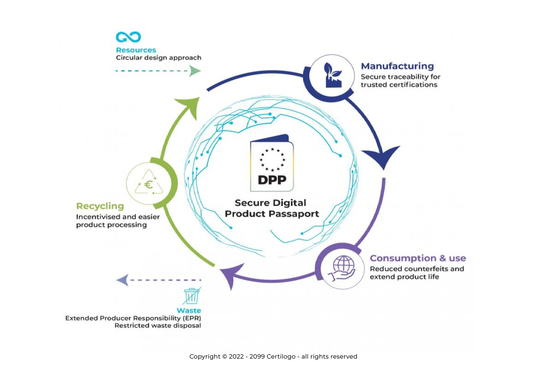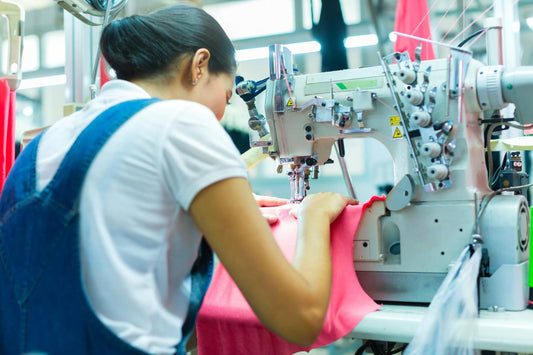3 things brands need to know about Digital Product Passports
Certilogo champions responsible fashion with Made For A Woman brand partnership
5 ways resale elevates sustainability
Interest in ethical clothing is growing, is your brand keeping up?
The 4 factors that are accelerating adoption of digital IDs
BAV - Brand Asset Value tool
Net-zero fashion: Kering group set to cut its emissions by 40% by 2035
What is the Digital Product Passport?
The importance of fashion supply chain transparency
Traceability and brand transparency are the drivers of sustainable fashion




























